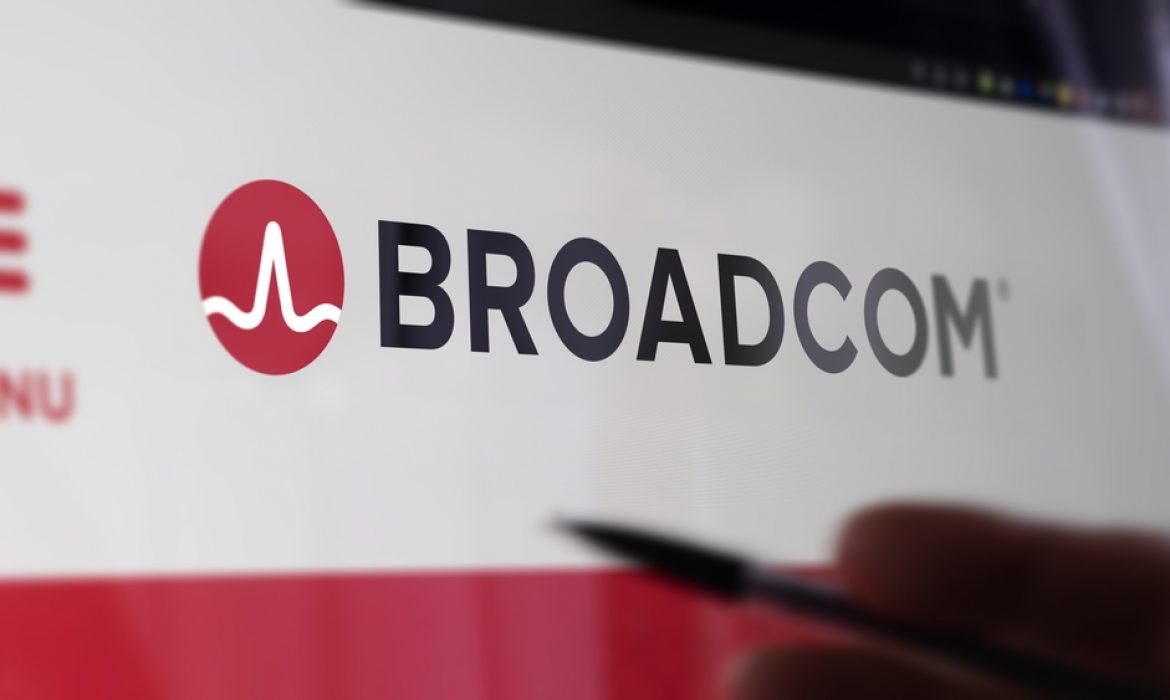After months of scrutiny and antitrust investigations, US semiconductor giant Broadcom has received the long-awaited approval from the European Union to acquire leading virtualization technology developer VMware for an astounding $61 billion. The deal, financed by a 50/50 split of cash and Broadcom stock, positions Broadcom as a formidable player in the software business and sets the stage for potential industry-wide implications.
Broadcom’s purchase of VMware, announced in May 2022, marks a significant milestone in the world of technology mergers. While it falls slightly behind the current record holders, Dell and EMC ($67 billion) and the ongoing Microsoft/Activision Blizzard deal ($68.7 billion), it is nonetheless a monumental agreement. As the transaction nears completion, it is worth noting that Microsoft’s acquisition of Activision Blizzard is expected to close imminently.
The European Commission, after conducting a thorough investigation, concluded that Broadcom’s dominant market position posed limited opportunities for abuse. It determined that separate measures would ensure healthy competition in the future. The Commission found no evidence of Broadcom holding a “strong position” that could stifle competition in the networking and storage market. Additionally, Broadcom was not found to benefit from restricting collaboration with AMD and NVIDIA in any way.
The notion of VMware’s association with Broadcom software was deemed unrealistic. However, concerns were raised about Broadcom potentially limiting compatibility between Fibre Channel adapters and VMware products to undermine its rival, Marvell. To address this, the EU regulator has imposed a requirement for Broadcom to provide third-party companies with driver source code and tools to develop compatible Fibre Channel adapters. This measure ensures that companies can be confident their hardware will function seamlessly with VMware’s server virtualization technologies.
While Broadcom has obtained the necessary approvals from several countries, including Australia, Canada, and South Africa, it still faces reviews by two vigilant regulatory bodies—the US Federal Trade Commission (FTC) and the UK’s Competition and Markets Authority (CMA).
The significance of Broadcom’s acquisition of VMware cannot be overstated, especially considering the potential implications for the industry. VMware’s expertise in cloud computing and virtualization technology, coupled with Broadcom’s vast resources and semiconductor prowess, positions the merged entity to become a driving force in enterprise software organization and cloud computing. This deal has the potential to reshape the IT landscape and foster innovation on a grand scale.
Broadcom’s recent history of acquisitions showcases its strategic focus on expanding its portfolio. In 2018, the company acquired security and database software maker CA Technologies for $18.9 billion. A year later, Broadcom made headlines by acquiring Symantec’s enterprise security division for $10.7 billion, only to sell it to Accenture less than 12 months later. These moves, coupled with Broadcom’s successful chip integration in popular devices such as Apple and Google smartphones, further solidify the company’s position as a dominant player in the technology sector.
As the final approvals are sought from the US Federal Trade Commission and the UK’s Competition and Markets Authority, the completion of the Broadcom-VMware deal draws closer. The IT industry awaits the dawn of a new era, one that promises innovation, collaboration, and unprecedented growth driven by the combined expertise of these tech powerhouses.


